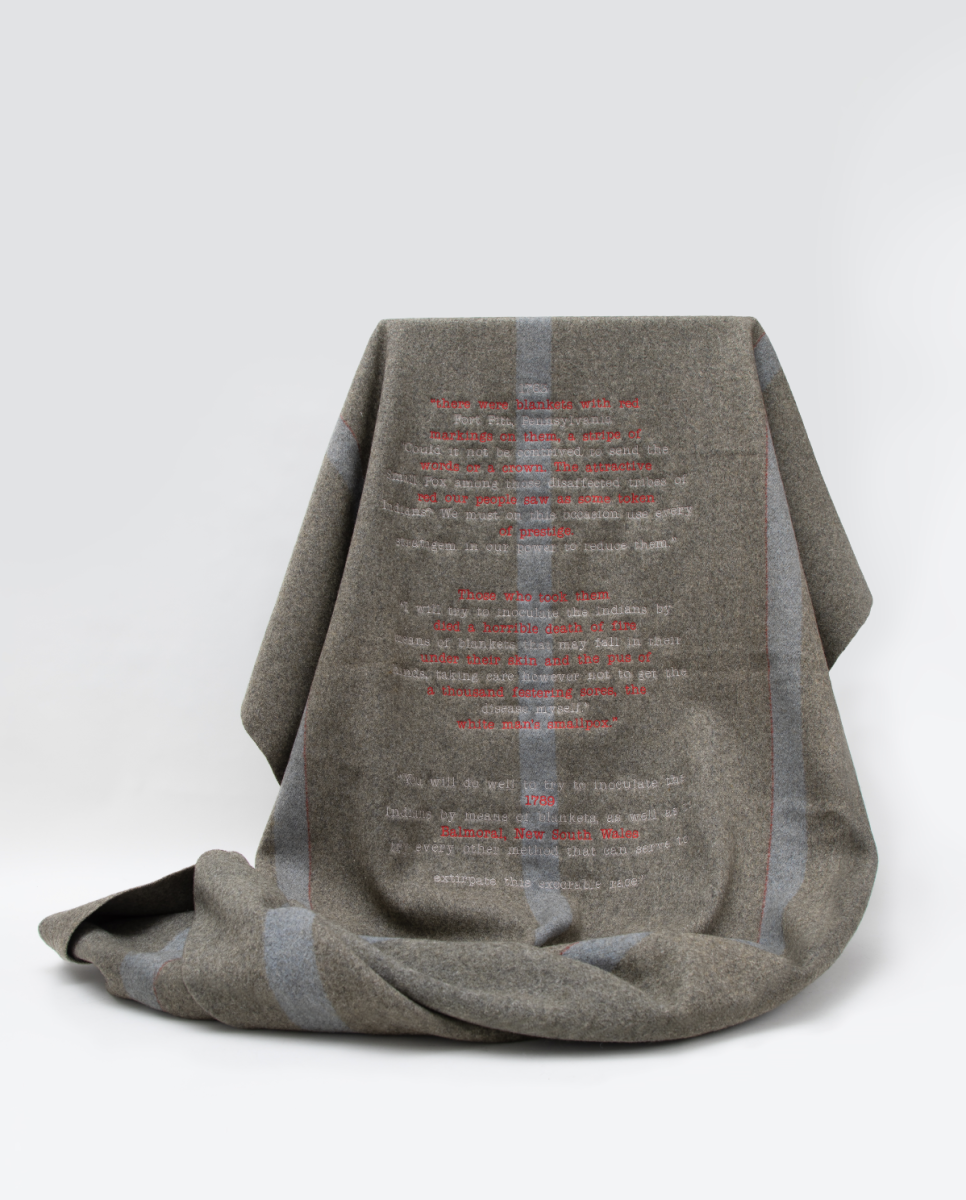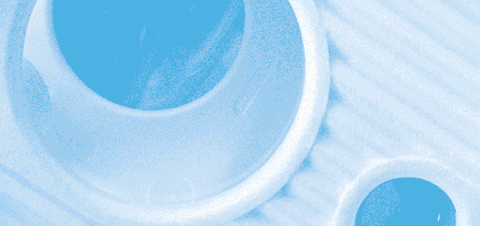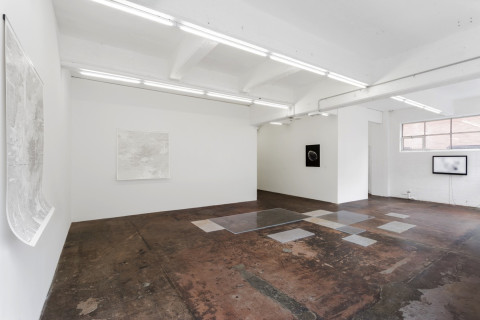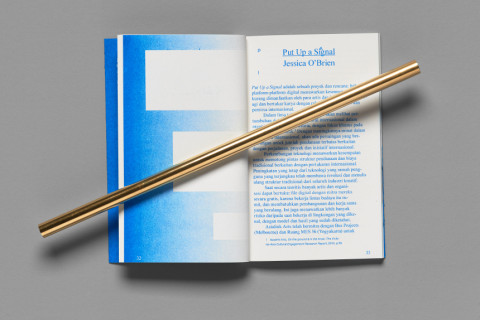Exhibits,
Katherine Hattam, Victoria Hattam, Ellen Koshland, Danica I. J. Knezevic, Macushla Robinson, Shevaun Wright, Elvis Richardson, Gyun Hur Rewriting: the politics of care
Opening: Saturday 6 November, 2-4pm Dates: 6–25 November 2021
‘Rewriting: the politics of care’ stages conversations about iterative practices and politics of care. At its heart, there is a tension between the idea of care as nurture, and equally, the problematic potential of care to enact control and coercion. Care, in all its manifestations, weaves through the artworks in this exhibition: there are the tender, complex acts of grandmothers, mothers, daughters and sisters here, whose domestic and emotional labour continues to be elided. There is the care of shelter, the home, the rooms in which we reside, the ways in which we make space. There is the care of grief and mourning, privately and publicly, as a politics. There is also the pernicious, violent history of colonization, where colonizers and administrators whose claims to caring (for a population, a people, the land) disguise forms of oppression, genocide and environmental vandalism.
Spanning two continents, it is an intergenerational and interdisciplinary exhibition that brings together the work of seven artists and scholars: Victoria Hattam, Katherine Hattam, Gyun Hur, Danica Knezivic, Ellen Koshland, Elvis Richardson, Macushla Robinson, and Shevaun Wright.
The exhibition is also accompanied by a book of the same title, featuring essays, conversations and poems by nine writers and scholars: Ashley Barnwell, Helena Cleeve, Victoria Hattam, Lujayn Hourani, Helen Hughes, Kristin Juarez, Bruce Pascoe, and Nizan Shaked. The book will be published by in·ter·sti·tial press in association with Bus Projects.
RSVP here for the opening celebrations on Saturday 6th November, from 2 - 4pm.
Katherine Hattam, a Melbourne based artist who works with color across collage, painting, and printmaking. Her work explores the unsettled space between the internal and external worlds and is informed by literature, psychoanalysis, and feminism.
Victoria Hattam, a professor in the Politics Department at The New School in New York. Hattam was born in Melbourne and moved to the United States to complete her PhD at MIT and has lived in the US ever since. Hattam works on questions of visual and spatial politics through text and image.
Gyun Hur is an interdisciplinary artist and educator whose experience as an immigrant daughter fuels her practice. Gyun has been collecting and hand-shredding silk flowers for ten years as a primary source of her work in which she explores the poetics of constructing a visual and emotional space where narratives of diasporic labor and loss reside. Gyun’s work has been performed and exhibited in Canada, China, Hong Kong, Italy, Turkey, and the United States.
Ellen Koshland who works in print, photography, installation, and word events. She lives in Melbourne, Australia having moved there from the United States in 1973. Koshland is founder and director of The Poet’s Voice, and her interest in poetry underpins her visual work. Curently, Koshland is creating large scale prints engaging landscape and care via murnong farming in Australia.
Danica I. J. Knezevic, a Sydney based performance artist, works across endurance performance, video, audiovisual installation and photography. Knezevic’s practice is informed by psychology and philosophy to examine the intimate relationships that inhabit her life, in particular, her autobiographical familial experiences of being a carer. She recently completed her PhD at Sydney College of the Arts.
Elvis Richardson is an artist and scholar whose work builds on themes of absence, ambition and abandonment––emotional and politically charged narratives that scrutinise the inequities around issues such as housing, diversity, aging, identity and recognition. Richardson is also the founding editor of CoUNTess,(www.countesses.blogspot.com) a blog publishing data on gender representation in the Australian visual arts sector.
Macushla Robinson is a writer and curator based in New York. Formerly assistant curator at the Art Gallery of New South Wales in Sydney, Australia, she is currently pursuing her PhD in politics at The New School in New York City. Robinson works with video, text, and image to rewrite the care of silver objects through inheritance, identification, and slavery.
Shevaun Wright is an artist and lawyer who is primarily engaged in an interdisciplinary practice that utilize the contractual medium and the notion of the ‘social contract,’ to engage in institutional, legal, and artistic critique. Informed by her Aboriginal heritage, she aims to extrapolate feminist and post-colonial critiques of the law and art as a means to access and reveal similarities in their discursive practices.


